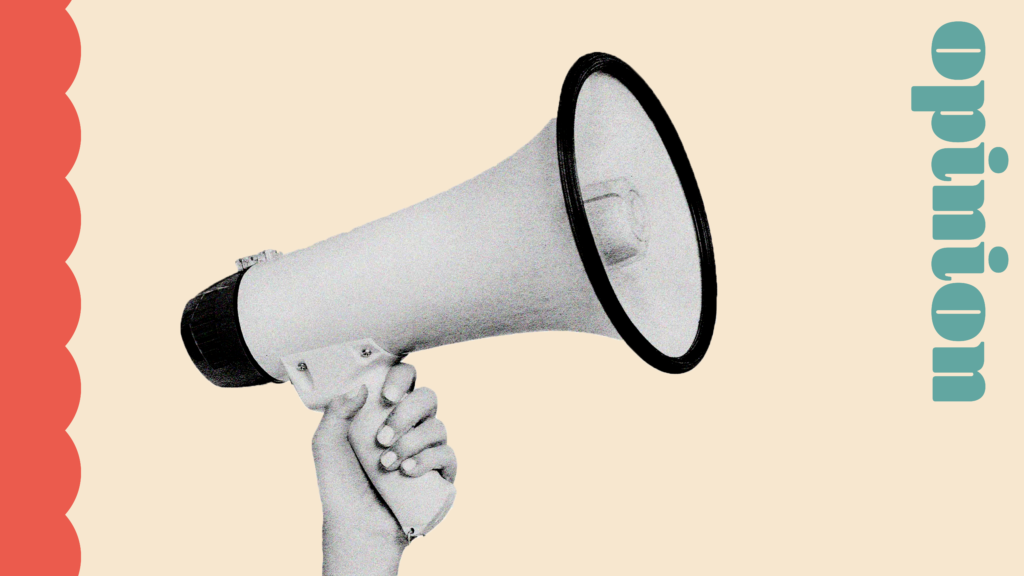Featured image: Laura Sheridan
It’s no surprise that mental health is becoming a much larger conversation in the podcasting world, due to the medium’s accessibility and intimate, conversational nature. But are the ways in which mental health is being discussed harmful to listeners?
Steven Bartlett’s Diary of a CEO is one of the most prevalent podcasts supposedly contributing to the mental health discussion. For those who aren’t familiar, Bartlett is an entrepreneur and Dragon’s Den dragon who has frequently spoken publicly about his mental health.
One of the primary reasons for the show’s success are its episodes involving celebrities recounting their life story, honing in on the most difficult times. Guests have included Liam Payne, Matt Hancock, and Ann Summers CEO, Jacqueline Gold. The template is tried and tested, with guests openly discussing their relationship with mental health. The catch is, there no longer seems to be any glimpse of shared experiences or advice, hence the act of trauma dumping dressed up as ‘unfiltered’ conversations.
Having listened to the first season and falling off as it felt increasingly exploitative, I decided to revisit a new episode. I chose ‘Maisie Williams: The Painful Past Of A Game Of Thrones Star’ and I couldn’t believe what I was listening to. It felt like I was eavesdropping into someone’s therapy session, as the actress spoke about her “traumatic” relationship with her father and how finding fame as Arya Stark on HBO’s hit series as a child actor impacted her mental health. As the episode progressed, I felt increasingly guilty for becoming more enticed, the darker the information got.
It made me worry what impact the show could have on listeners facing challenges with their mental health, and for good reason. PhD and psychology specialist at the University of Wisconsin Markus Brauer’s work explores the effects of negative news content on individuals’ psychology and finds that consumers of negative content can experience increased anxiety levels.
This can also impact the celebrities featured. Some have come forward expressing regret at oversharing in interviews, including Radio 1 presenter Greg James. Though celebrities are choosing to go on Bartlett’s show, whether they’re aware of how their interview clips are then going viral is another story. The promo trailers showcase the most emotional moments of each episode and there’s just something morally questionable about a video of someone recalling their trauma while intense background music is playing and a ‘new episode Friday’ title is slammed onto the image. Bartlett’s podcasts are not labelled ‘help’ in bold letters, but what they are doing is providing an illusion that the content is therapeutic, when it’s actually harmful.
While his show serves as a popular example of this trend, it isn’t the worst out there. Impaulsive, hosted by American media personality Logan Paul, also adopts the format of candid conversations with guests who share deep personal trauma. Another example is British author and podcaster Jay Shetty, whose bio reads ‘My job is to make wisdom go viral’. His show includes celebrity guest episodes such as ‘How to change your self-critical mindset’ and ‘Toxic vs healthy relationships,’ which are more explicitly trying to sell themselves as ‘help’ than Bartlett’s.
As consumers, we’re drawn to negative content, and are more likely to share it with others. This is presumably why these podcasts are topping the charts weekly, but it’s simply not enough to attach a mental health information link after a stranger has just unloaded their individual sufferings onto a listener. Prominent mental health podcast Happy Place hosted by Fearne Cotton feels much more like a shared conversation, and has since expanded to festivals and events where people can take part in activities proven to help anxiety and depression. With so much content out there, it’s becoming more important to ensure that mental health discussions are constructive, not exploitative.
What do you think? Have your say and write for aAh! Email aAh.Editor@gmail.com and follow @aAh_mag






Leave a reply